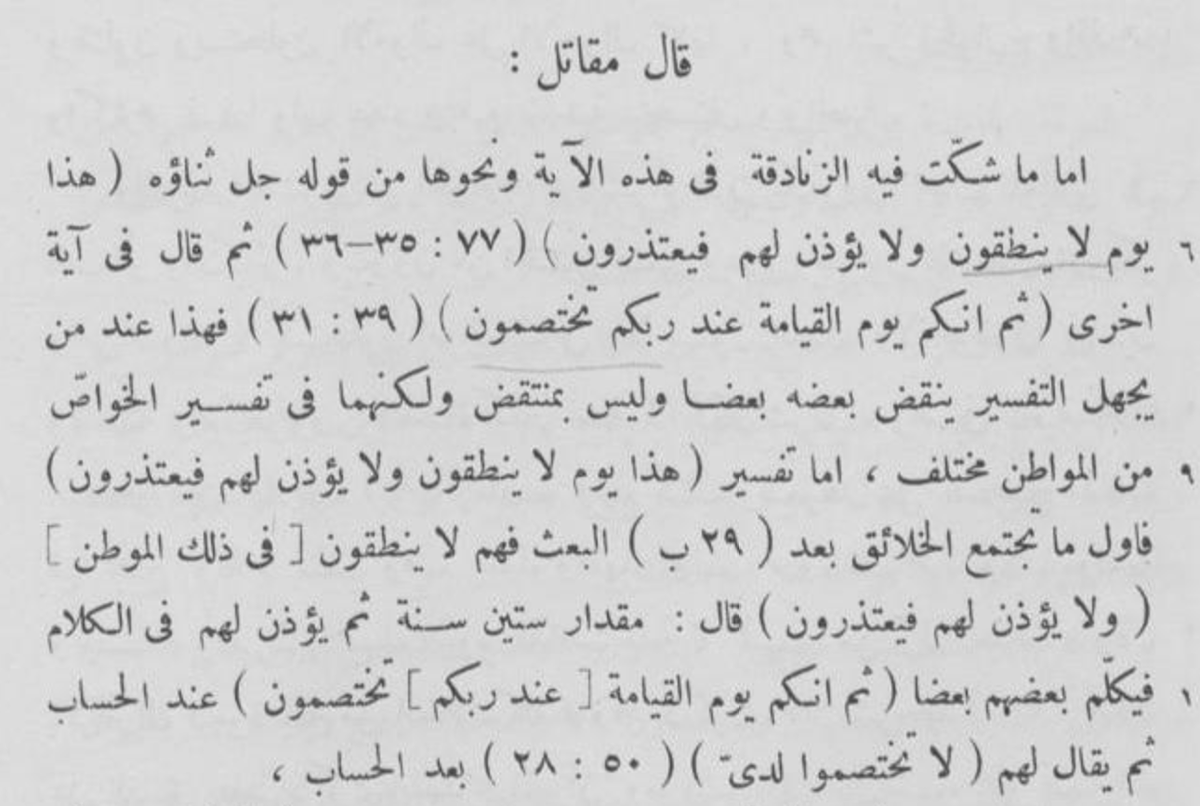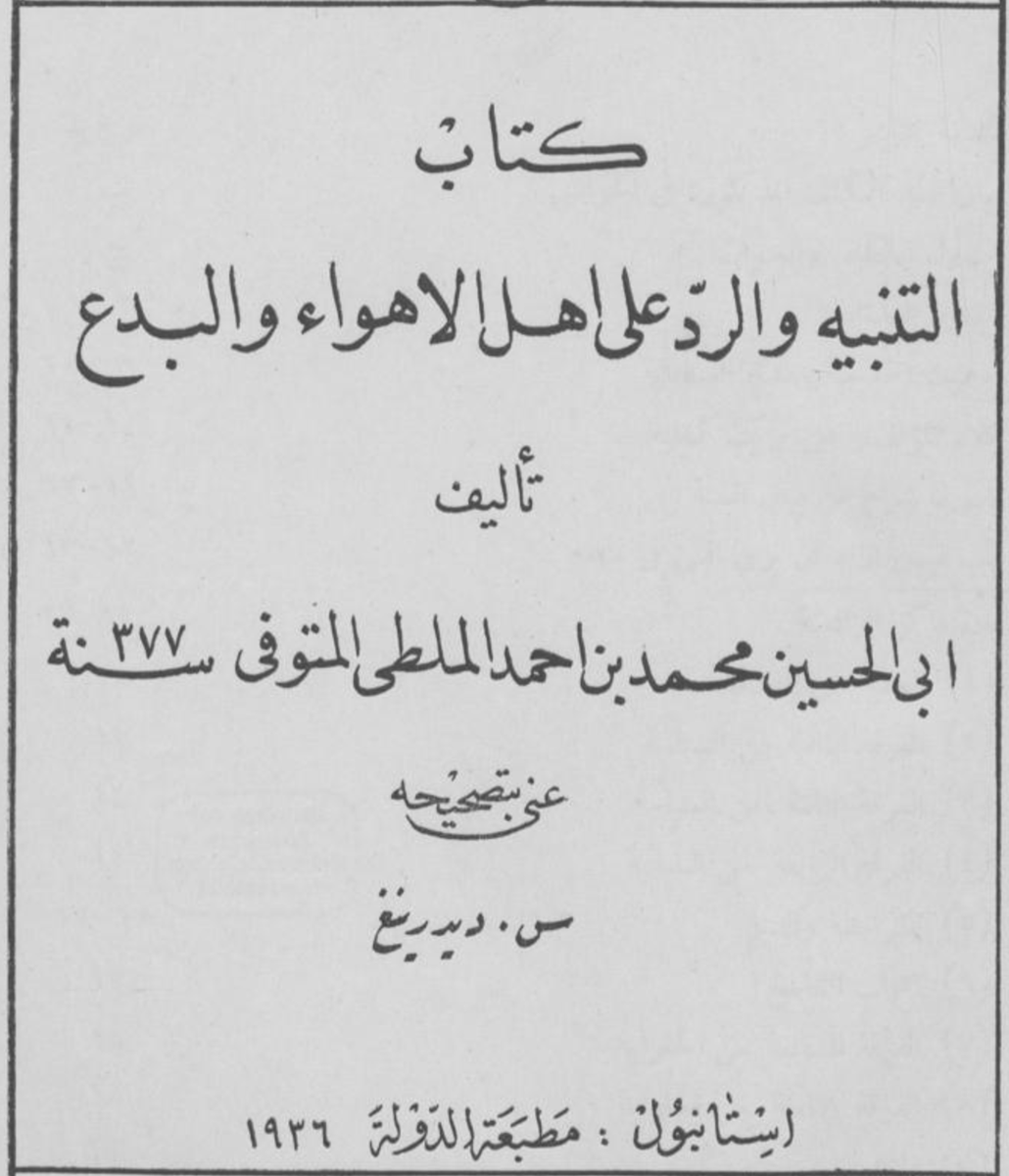
The ḥadīth corpus is in the news folks. Journos keep calling the text in question an 𝘐𝘴𝘭𝘢𝘮𝘪𝘤 hadith (is there any other kind?) .
"Rihanna sparks outrage after using Islamic hadith in lingerie show" middleeasteye.net/news/rihanna-i…
"Rihanna sparks outrage after using Islamic hadith in lingerie show" middleeasteye.net/news/rihanna-i…
The London-based artist who used the vocal samples has issued an apology.
https://twitter.com/coucou_chloe/status/1313137444573806596
The clearest line from sample of the original Arabic is:
يَا رَسُولَ اللَّهِ إِنَّا نَقْتُلُ الآنَ فِي الْعَامِ الْوَاحِدِ مِنَ الْمُشْرِكِينَ كَذَا وَكَذَا
"Messenger of God, we already kill in a single year such-and-such number of pagans ..."
(Which is a little weird.)
يَا رَسُولَ اللَّهِ إِنَّا نَقْتُلُ الآنَ فِي الْعَامِ الْوَاحِدِ مِنَ الْمُشْرِكِينَ كَذَا وَكَذَا
"Messenger of God, we already kill in a single year such-and-such number of pagans ..."
(Which is a little weird.)
Here's the recitation of the Kuwaiti shaykh Mishary Alafasy from which the sample in the song originates.
and, at last, the controversial track itself:
Rihanna apologizes
latimes.com/entertainment-…
latimes.com/entertainment-…
• • •
Missing some Tweet in this thread? You can try to
force a refresh












